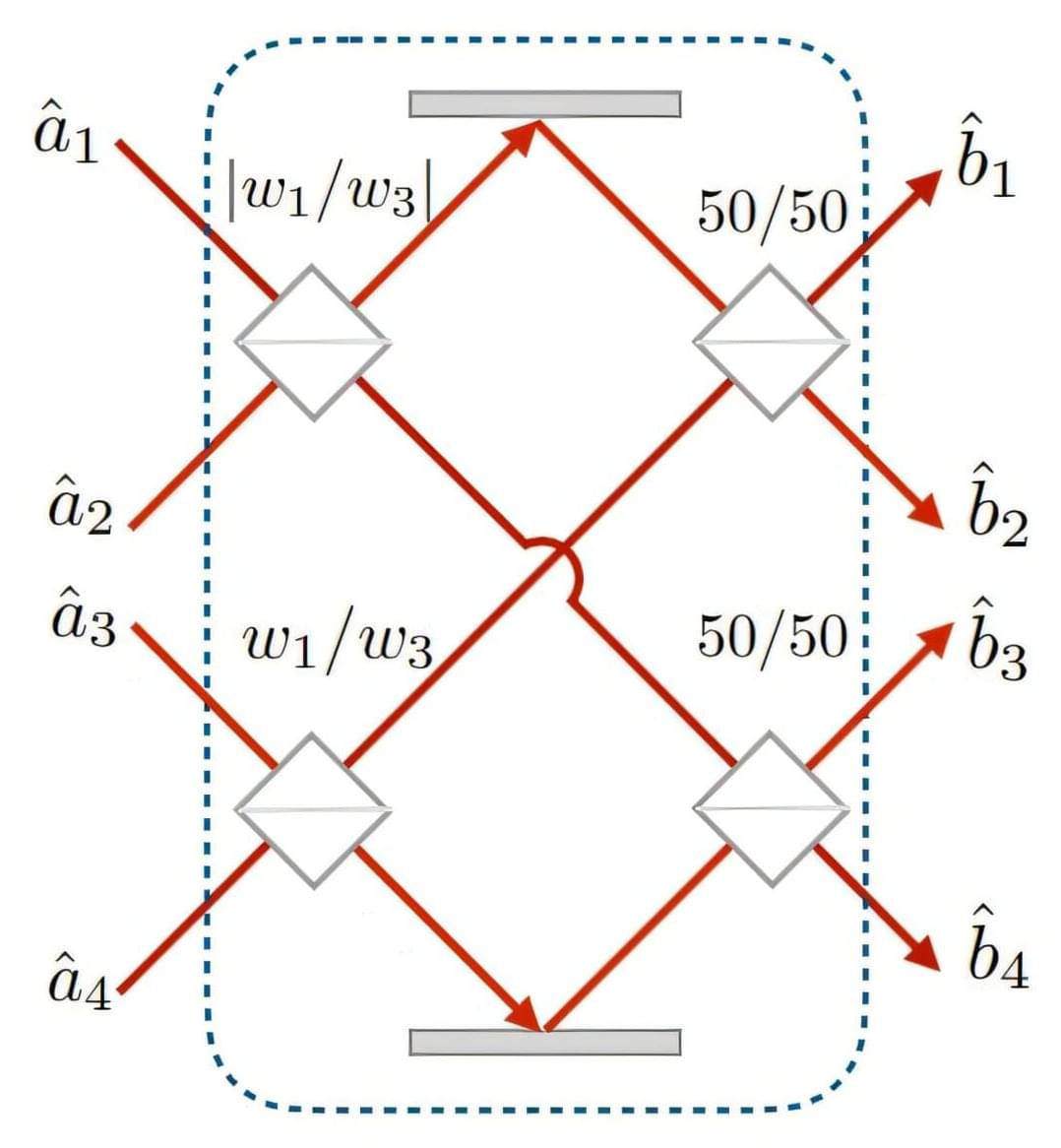Could global positioning systems become more precise and provide more accurate details on distances for users to get from point A to point B?
A study by University of Rhode Island assistant physics professor Wenchao Ge in collaboration with Kurt Jacobs, a physicist of quantum tech with the U.S. Army, which was recently published by Physical Review Letters, may lead to more enhanced quantum sensing and make such detection data more definitive.
Ge’s study, “Heisenberg-Limited Continuous-Variable Distributed Quantum Metrology with Arbitrary Weights” published by in September, looked at networked quantum sensing, which explores advanced sensor technology in an entangled network that could improve accuracy on how to measure, navigate and explore the world, such as by sensing changes in motion, and electric or magnetic fields.
